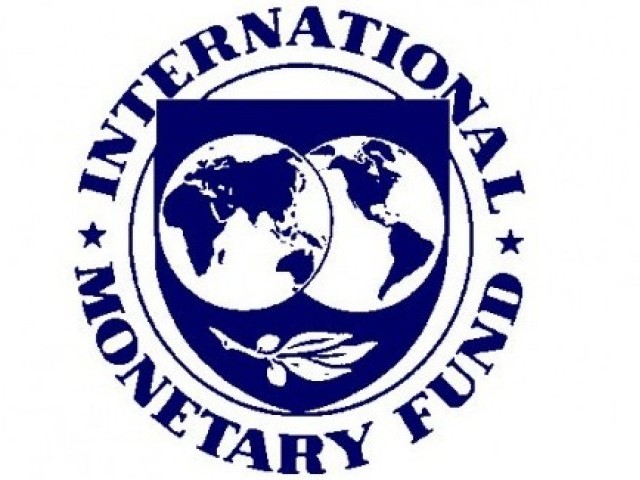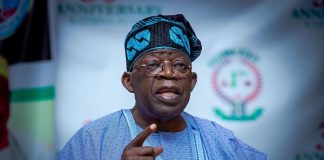The two Bretton-Woods institutions, the International Monetary Fund and the World Bank, hardly speak in clear terms, although they have no doubt mustered enough experience to appraise Nigeria’s economy. They say that it remains vulnerable, though policies and favourable oil prices have helped it to overcome a recession. Making its position known, the International Monetary Fund (IMF) noted that the economy is yet to receive a boost from policy implementations that could make it withstand the shocks that previously pushed it into a recession.
According to the review, Nigeria retains its higher fiscal deficit, driven by weak revenue mobilisation, amid continued tight domestic financing conditions that have raised bond yields, and crowded out private sector credit.
The fund’s directors warned that rising banking sector risks, possibly caused by huge non-performing loans, deserve attention. They also commended the commitment of the Central Bank of Nigeria, CBN, to help banks increase capital buffers by stopping the dividend payments of weak and most affected ones.
They called for an asset quality review to identify potential capital needs and noted that an enhanced risk-based banking supervision, strict enforcement of prudential requirements, and a revamped resolution framework would help contain risks.
The Managing Director and Chairman of the IMF, Christine Lagarde, in her summary of the directors’ views, said new foreign exchange measures, rising oil prices, attractive yields on government securities, and a tighter monetary policy have contributed to better foreign exchange availability, increased reserves to a four-year high and contained inflationary pressures.
Noting that Nigeria would record a growth of 2.1 per cent in 2018, Mrs. Lagarde said the improved outlook for oil prices is expected to provide relief for the country from pressures on external and fiscal accounts.
This would be helped by the full year impact of greater foreign exchange availability and recovering oil production, even as foreign reserves are tending towards $44 billion. The IMF projected a reduced growth of 1.9 per cent for the country in 2019. And the non-oil sector will record a marginal increase in Gross Domestic Product from 1.3 per cent in 2018 to 1.5 per cent in 2019, an indication of slow development in the sector.


















